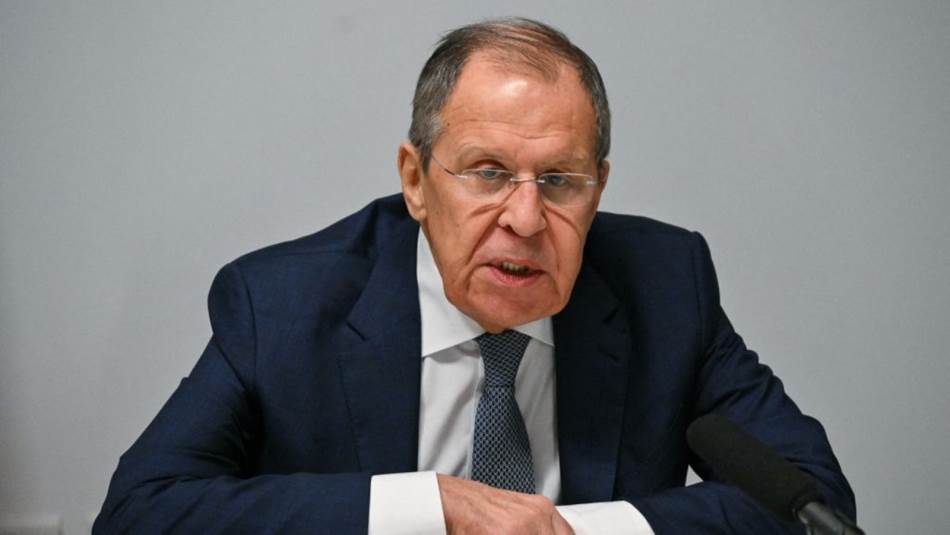Russian Foreign Minister Sergei Lavrov stated that Moscow maintains constant communication with Syria’s new political administration, emphasizing that the regime of ousted President Bashar al-Assad had consistently refused to share power with the opposition over the past decade.
Speaking at a press conference on Tuesday, Lavrov noted that the Russian embassy has remained operational in the Syrian capital, Damascus, ensuring uninterrupted contact with the new administration. He underscored Moscow’s aim to play a constructive role in the current circumstances by promoting an inclusive dialogue involving all national, political, and sectarian groups, as well as relevant external parties.
Lavrov added that Russia’s diplomatic efforts with Turkey, Gulf states, and recent international meetings highlight a consensus that the process of reconciliation in Syria “must include Russia and Iran if there is a genuine desire for sustainable and meaningful outcomes, rather than simply settling scores between rivals on Syrian territory.”
Assad’s Refusal to Share Power
Lavrov criticized the ousted Assad regime for its unwillingness to share power with the Syrian opposition. He explained that since Assad invited Russia to intervene and after the establishment of the Astana format, the regime had deliberately stalled the political process over the past decade to preserve the status quo.
Six European Countries Advocate for Temporary Suspension of Sanctions on Syria
This prolonged procrastination coincided with economic challenges exacerbated by international sanctions, which severely impacted Syria’s economy. Meanwhile, the oil-rich eastern regions of Syria were “occupied” by the United States, with extracted resources allegedly supporting separatist movements in northeastern Syria.
Lavrov also recounted discussions with Kurdish representatives in northeast Syria, who expressed confidence in U.S. support for creating their own government. “We told them that Turkey and Iran would not allow the establishment of a Kurdish state,” he said, adding that Kurdish rights must be secured within the broader frameworks of Syria, Iraq, Iran, and Turkey.
According to Lavrov, the Assad regime dismissed such discussions, leading to a stalemate in reforms proposed by the United Nations, the Moscow and Cairo platforms, and opposition groups based in Istanbul. This impasse ultimately created a vacuum, culminating in the current upheaval.
Strengthening Relations
Meanwhile, Russian Deputy Foreign Minister Mikhail Bogdanov stated that Russia is closely monitoring developments in Syria and regards its relationship with Damascus as a key foreign policy priority.
In an interview with Russian media, Bogdanov described the relationship between Russia and Syria as entering “a new qualitative phase.” He urged both nations to build on their historical friendship to preserve past achievements and foster new opportunities for constructive cooperation.
Bogdanov expressed satisfaction with the positive remarks from the new Syrian administration about Russia, highlighting their commitment to strategic relations. He said these favorable positions provide a solid foundation for further strengthening ties.
Russian President Vladimir Putin has also sent positive signals about his country’s intention to establish relations with Syria’s new administration. He noted that opposition factions, including Hayat Tahrir al-Sham, which played a role in Assad’s ousting, have evolved.
This article was edited by The Syrian Observer. The Syrian Observer has not verified the content of this story. Responsibility for the information and views set out in this article lies entirely with the author.


